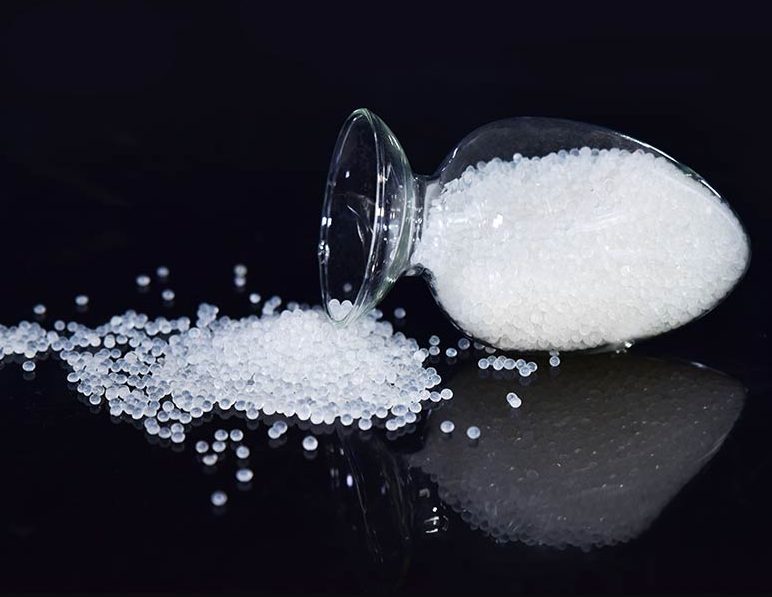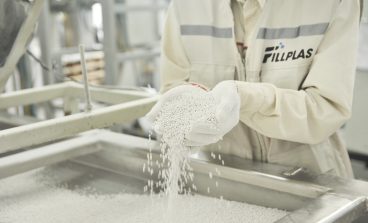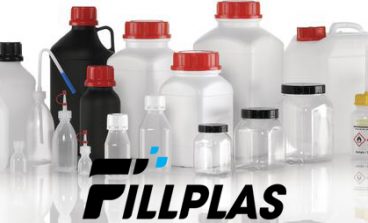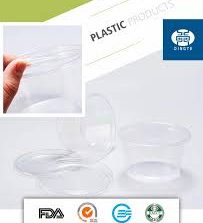
Definition of desiccant
A desiccant is a hygroscopic material that serves to maintain a state of dryness; it’s the opposite of a humectant, which serves to promote moisture retention.
Desiccants serve to eliminate humidity from the air and they absorb moisture, thereby creating and sustaining a dry, moisture-free environment. Moist, damp environments can result in damage to electronics, apparel, cosmetics, medications, and vitamins, along with a wide range of other products that require a dry atmosphere.
Moisture creates a ripe environment for the formation of bacteria, mold, and fungus, and degradation, while moisture in electronics can result in permanent damage and corrosion; then desiccants are used to prevent this from occurring.
Desiccants are frequently found in packaging for products that could be dissolved or otherwise compromised by humidity and moisture. But they’re also included in other areas where moisture could be problematic. One example: insulated windows and sound-proof glass. In both cases, multiple panes of glass are sandwiched together with a small space remaining between the panes to serve as an insulator. If moisture penetrates this gap, condensation formation can result in fogging and view obstruction. Therefore, window manufacturers place a small amount of desiccant between the panes of glass to absorb moisture and humidity from the enclosed space; this keeps the condensation and fog-free of the window.
Types of desiccant
Desiccant packets are commonly found in consumer products, ranging from shoeboxes and purses to vitamins and your new cell phone. Those tiny silica gel packets or small, cylindrical canisters that you find in the packaging are desiccants.
There is a wide range of substances that can be used as a desiccant. Some of the most common desiccants include:
· Silica gel (typically found in small “bead” form);
· Activated charcoal;
· Calcium chloride;
· Charcoal sulfate;
· Activated alumina;
· Montmorillonite clay
· Molecular sieve.
Applications of desiccant
Many desiccants also serve multiple purposes, while others have special features. For instance, activated charcoal doesn’t just serve as a desiccant; it also eliminates odors. Silica gel beads can come in a moisture-indicating variety, that changes color if the packet comes in contact with a significant amount of moisture.
Specialty-blended desiccants from companies such as Delta Adsorbents can also be tailored to serve very specific functions, from eliminating and absorbing oxygen from the enclosed space or container, to combating mildew and inhibiting rust.
Desiccants can also be used in filter-like breathers that serve to prevent contamination. Desiccant breathers are designed to prevent moisture and contaminants from entering reservoirs and fluid systems.
Desiccants have a wide range of applications in industry, manufacturing and beyond.
Fillplas also has desiccant products. You could visit and contact us through our website for more information.



